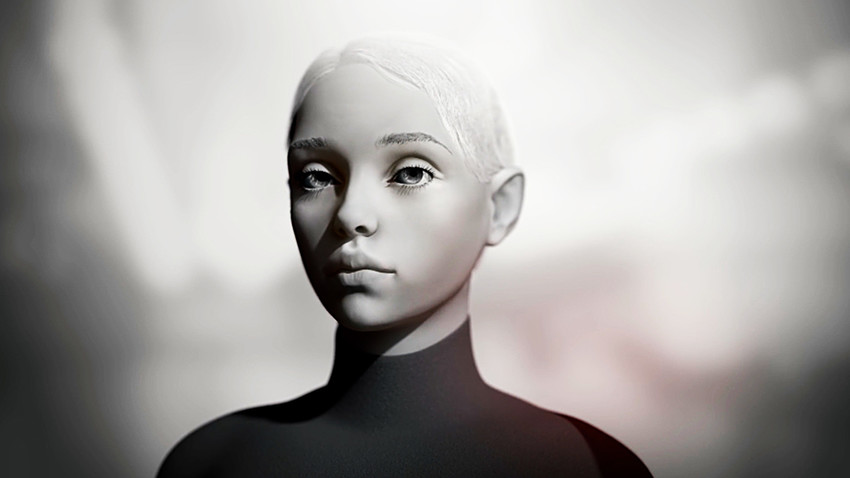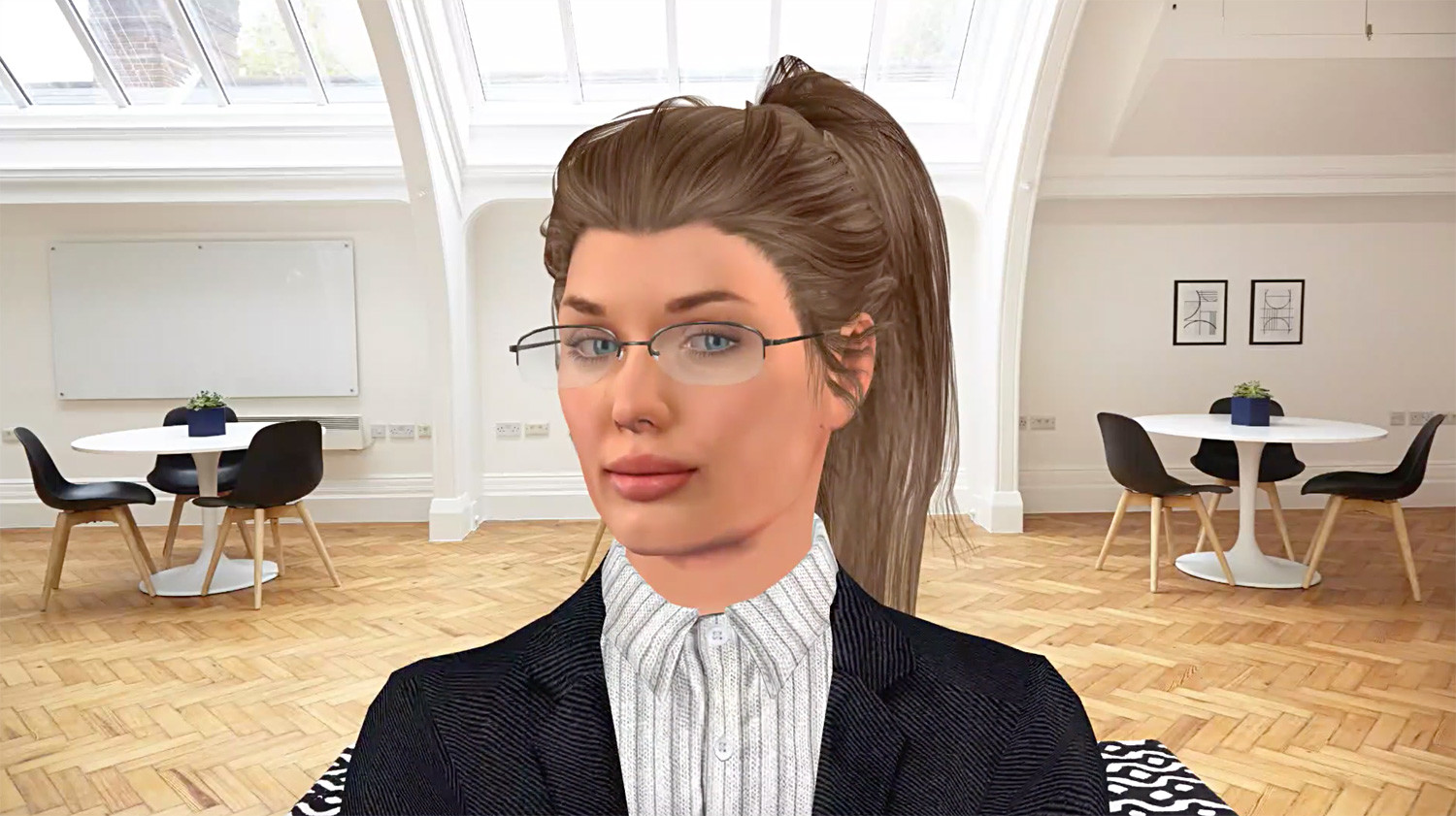Vera, the Russian HR robot, is ready to start hiring in the U.S.

The new U.S. version has a stylish new look, appropriate for interviewing people with a tech background.
StaforyIf you’re hoping that new generations of robots will serve humanity, allowing us to enjoy ample free time, you might be right. But the robots might also end up making decisions regarding our professional qualifications.
Vera, a new HR solution based on neural networks, is an example of how robots will decide our future. Capable of having a proper conversation with job seekers, she can recognize speech and respond to your questions.
“Vera is a virtual character who can work 24/7 in different time zones, making 10,000 calls simultaneously,” Vladimir Sveshnikov, co-founder of
Vera was developed for blue-collar positions, but she is now also hiring developers and other tech specialists. She can interview hundreds of applicants simultaneously via video or phone calls, and narrow the search to the best candidates. The robot communicates naturally, able to combine speech recognition technologies from Google, Amazon, Microsoft
Russians enjoy talking to a robot
In Russia, Vera did a personnel search for major international companies, including PepsiCo, Coca-Cola, HBC
The results of the pilot project show that Vera’s pronunciation and fluency had to be improved and sound more American. Sveshnikov said the necessary adjustments have already been made and Vera is ready to give it another go in the U.S.

Previously, Vera's hair looked too “artsy"
StaforyIndistinguishable from humans?
Vera also has a stylish new look, one more appropriate for interviewing people with a tech background. Previously, her hair looked too “artsy.” In the future, developers are hoping to teach her to recognize anger, pleasure, disappointment and other emotions.
Her interviewing style, founders say, will depend on many factors, but the main focus is the vacancy itself and the candidates. “If it concerns a position for people with little or no experience, then chances are the language should be simple,” Sveshnikov said. “For an IT
The style of interview, formal or very personal, also depends on the employer. “When we start working with a client, we develop new scripts according to the client’s needs, and train Vera accordingly.”
Russian developers are planning to constantly train the robot, and they believe that if Vera learns new things every day then in a year or two “she won’t be distinguishable from a human.”
If using any of Russia Beyond's content, partly or in full, always provide an active hyperlink to the original material.
Subscribe
to our newsletter!
Get the week's best stories straight to your inbox